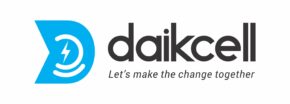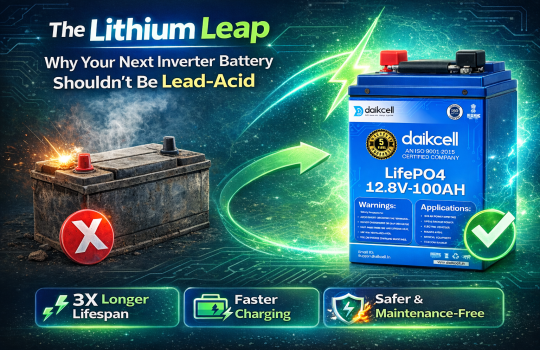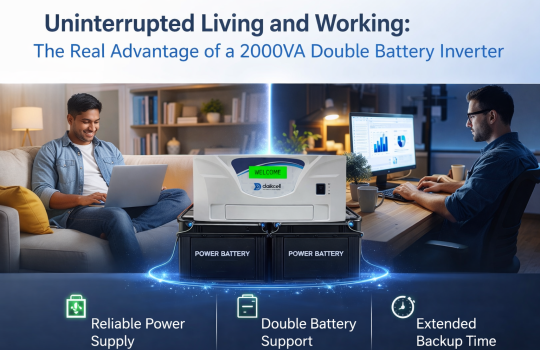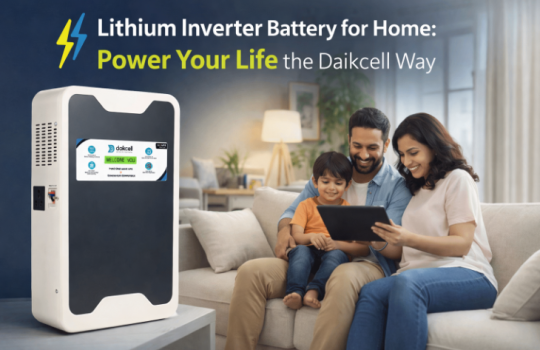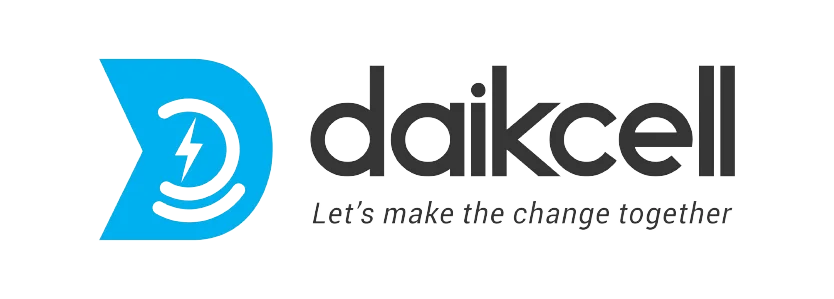The Growth of Solar Energy Opportunities with Lithium Battery Inverters
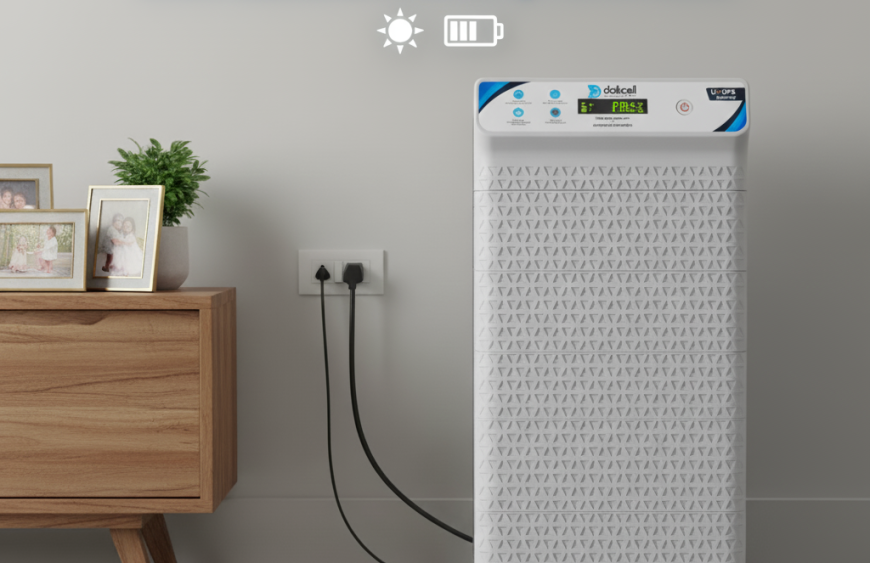
Manish
Related Articles
Recent Comments
Recent Posts
Tags
1ton ac stabilizer 5 KVA Copper 50V–300V 12.8V Lithium ion Inverter Battery 12.8V or 25.6V Lithium Ion ac stabilizer ac stabilizer for 1.5 ton automatic voltage stabilizer best mainline stabilizer for home best mainline voltage stabilizer for home best stabilizer for ac Heavy Duty Mainline Voltage Stabilizer heavy duty voltage stabilizer inverter ac stabilizer lithium battery for home lithium iinverter Lithium inverter battery for home lithium inverter for home Lithium ion battery Mainline stabilizer mainline voltage stabilizer mainline voltage stabilizer for home stabilizer for home voltage stabilizer voltage stabilizer for home voltage stabilizer for home main line voltage stabilizer price voltage stabilizer price 2026
